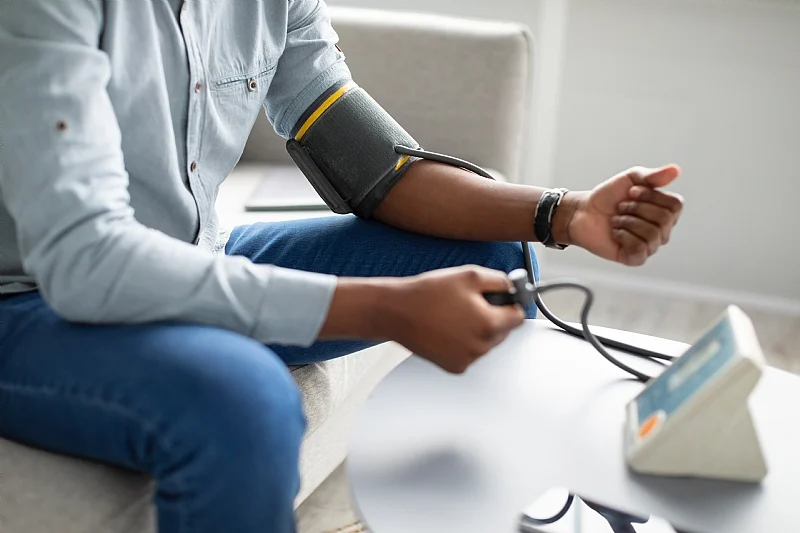Are you tempted to deny the diagnosis of diabetes or know someone is living in denial and even not fully acknowledging that they must live as if they have diabetes? I have met and know people who go on for years fighting the need for any change in behavior beyond taking their pills or insulin…...





